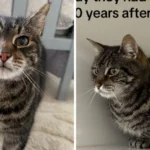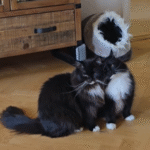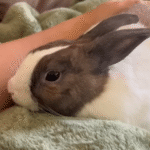Have you ever wondered if your cat was secretly testing you? That moment when they stare from the shadows or ignore your outstretched hand can feel like a silent exam you didn’t know you were taking. For many cat lovers, the journey from wary glances to warm cuddles is sprinkled with strange little challenges. Cats, with their mysterious personalities, often seem to have their own secret set of rules. Sometimes it feels like passing their tests is the only way to unlock their true affection. Let’s dive into the surprising, sometimes hilarious ways cats have tested their humans before forming that magical, unbreakable bond.
The Silent Stare Challenge

Many new cat owners find themselves locked in a tense staring contest with their feline friend. Cats have expressive eyes, and sometimes they’ll sit across the room, fix their gaze on you, and just… wait. This isn’t just about curiosity—it’s a subtle test of trust. If you blink slowly, you’re actually speaking “cat language” for “I mean no harm.” Some cats expect their humans to pass this test before moving closer. The calm patience you show can ease their nerves and make them more willing to approach. If you rush the moment, your cat might back away, signaling you’ve failed this silent exam. It’s amazing how something as simple as eye contact can be an early step toward a lifelong friendship.
The Ignored Invitation
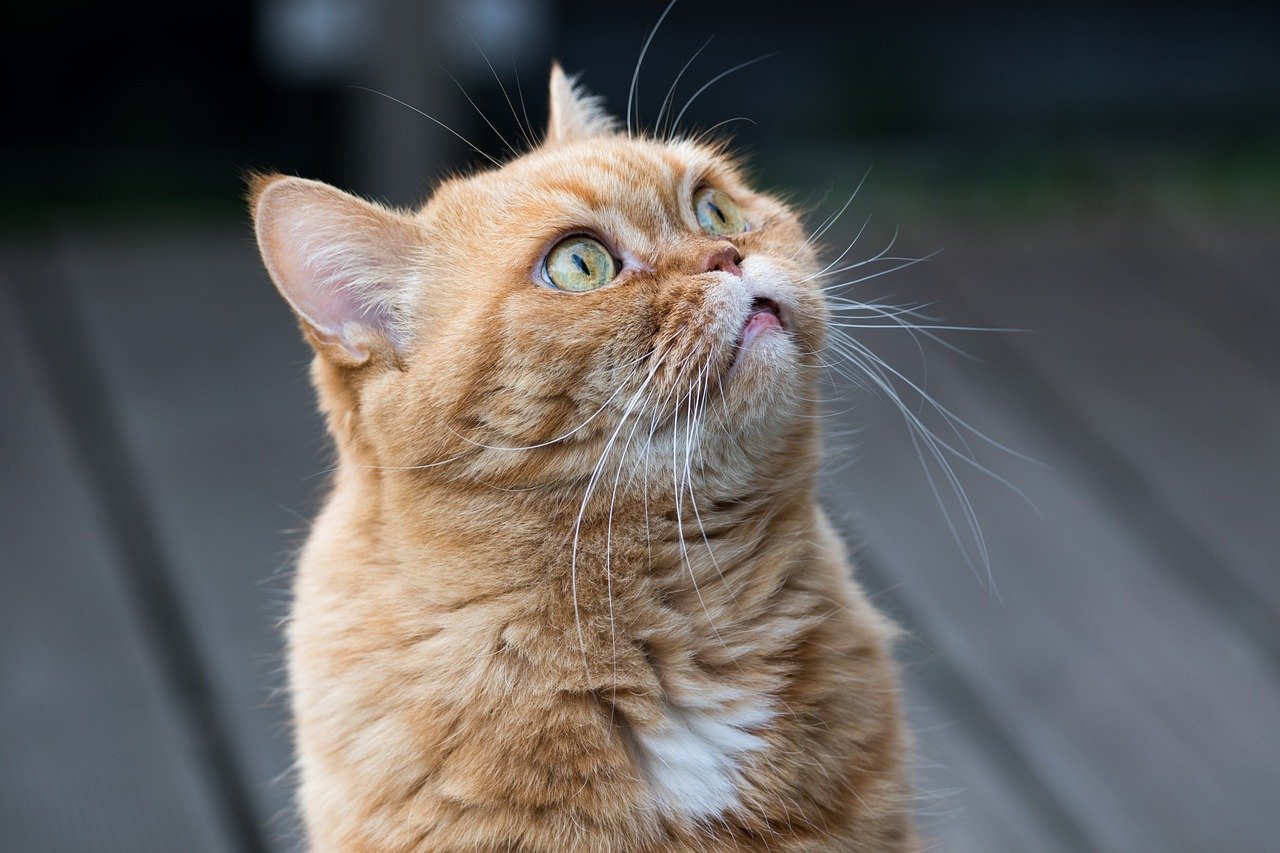
It’s classic: you call your cat, pat the sofa, and wait—only to be met with indifference. Cats are known for their independence, and sometimes they choose to ignore your invitation to see how persistent or respectful you’ll be. They might want to see if you’ll respect their personal space or if you’ll try to force affection. By waiting for them to come to you, you show understanding and patience, which is exactly what many cats are looking for. This moment is a test, and passing it often means your cat will start seeking your company more often. It’s like they’re saying, “Let’s see if you get me.”
The Sudden Disappearing Act

Have you ever noticed your new cat suddenly vanish for hours, hiding under the bed or behind furniture? This disappearing act is more than just shyness—it’s a way for cats to test their environment and see how their humans react. If you frantically search and try to pull them out, they might become more anxious. On the other hand, if you wait calmly and let them emerge on their own, cats learn to trust you at their own pace. It’s a test of your patience and respect for their need for safety and control. Over time, passing this test reassures cats that you’re a steady presence in their lives.
The Food Refusal Test
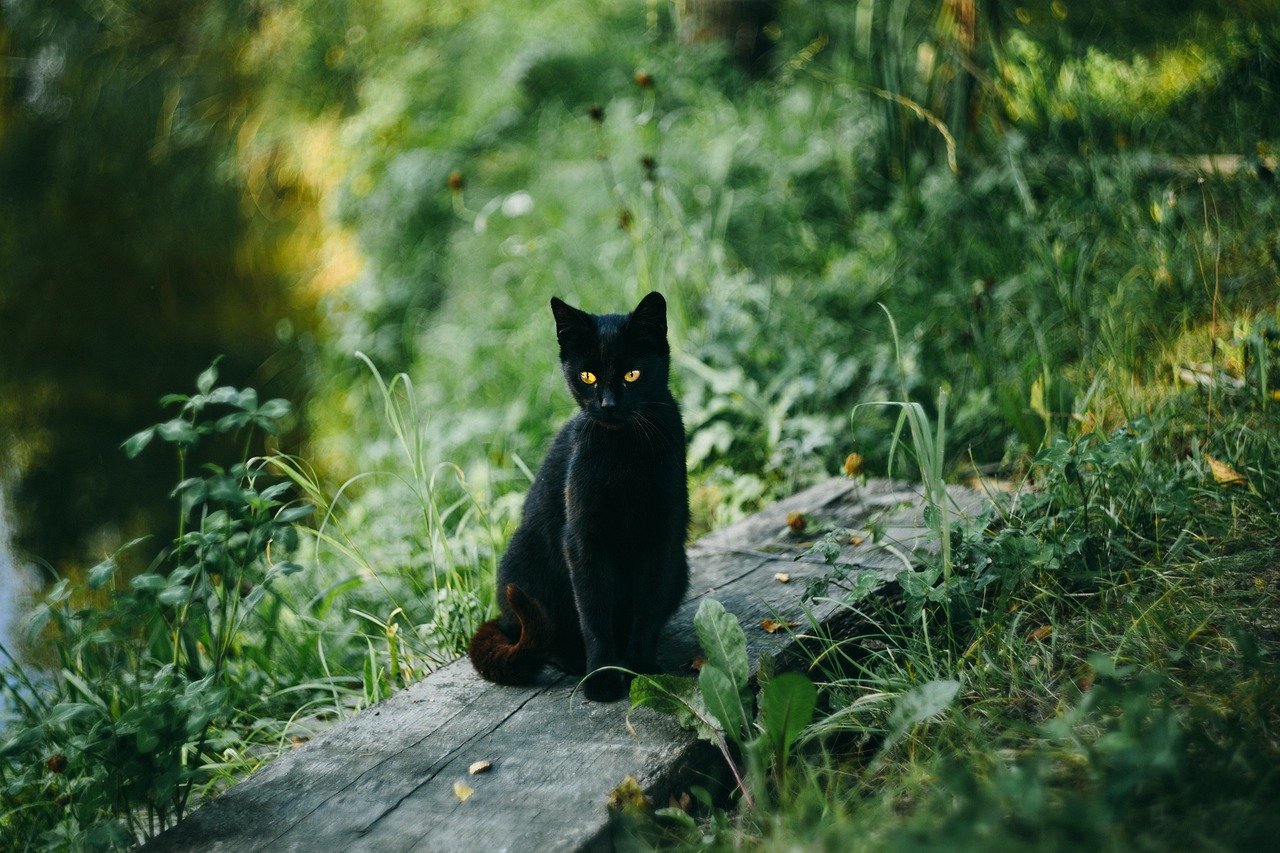
Sometimes, a cat will turn up their nose at the food you lovingly prepare. While it’s easy to assume they’re just picky, this can actually be a way for them to see how much attention you pay to their preferences. Will you get frustrated, or will you try different options? Cats are creatures of habit, but they also appreciate when their humans notice the little things. By adjusting their meals and paying attention to their reactions, you show attentiveness—a trait that cats often reward with affection later on. This test can be frustrating but is a key moment in building trust.
The Slow Blink Secret

If you’ve ever caught your cat blinking slowly at you, congratulations—you’ve been given a peace offering. But did you know cats might test to see if you know how to respond? Returning a slow blink tells your cat that you’re not a threat and that you understand their way of communicating. If you react with excitement or sudden movement, though, they may retreat. Learning to read and return the slow blink is a tiny but crucial test that deepens the bond between human and cat. It’s one of those magical moments where you both speak the same silent language.
The Midnight Mischief Test
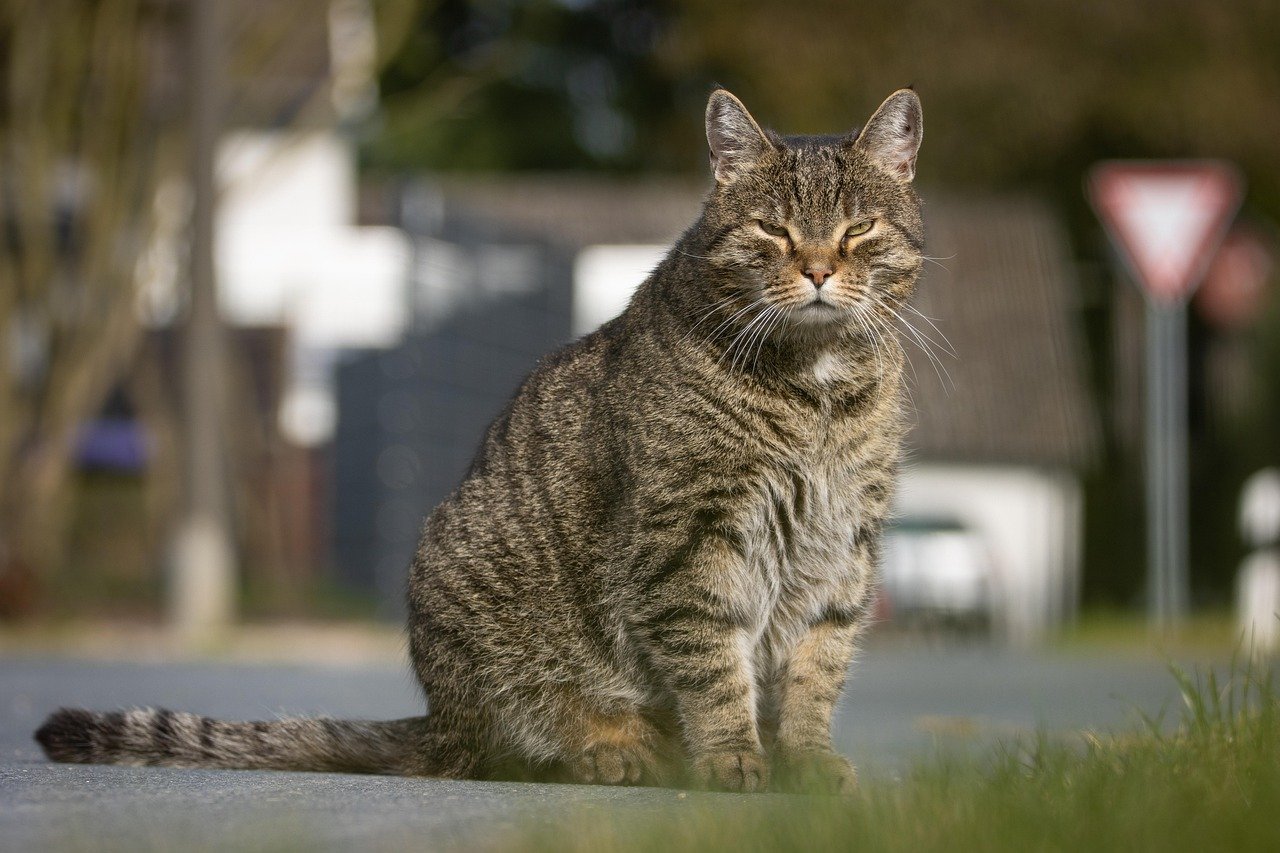
It’s 2 a.m., and your cat decides it’s the perfect time to leap on your bed, knock things over, or race through the house. While it might seem like pure chaos, this nightly energy burst can also be a test. Cats want to know if their humans will react with patience or annoyance when their routines don’t match up. By gently redirecting their behavior or providing quiet playtime, you show flexibility—a trait cats appreciate. Surviving these wild nights with a sense of humor often leads to a closer bond in the daylight hours.
The Paw Reach Test
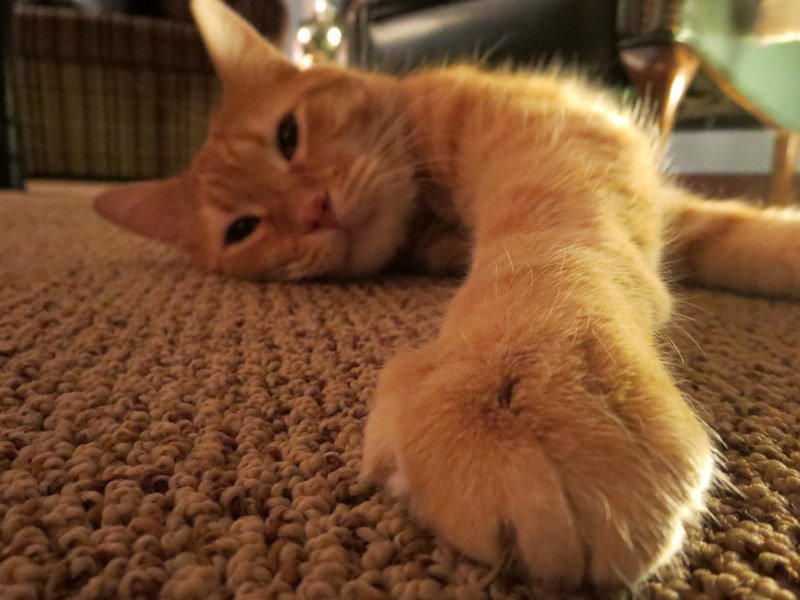
Sometimes, a cat will carefully extend a paw toward you, maybe tapping your hand or your face. This delicate gesture is a cautious invitation and a quiet test. How will you respond? If you react gently, maybe offering your finger to sniff or giving a soft pet, your cat learns you’re a safe companion. But if you move too quickly or pull away, they might retreat. The paw reach is a small but significant way for cats to measure your gentleness and willingness to connect on their terms.
The Tail Flick Signal
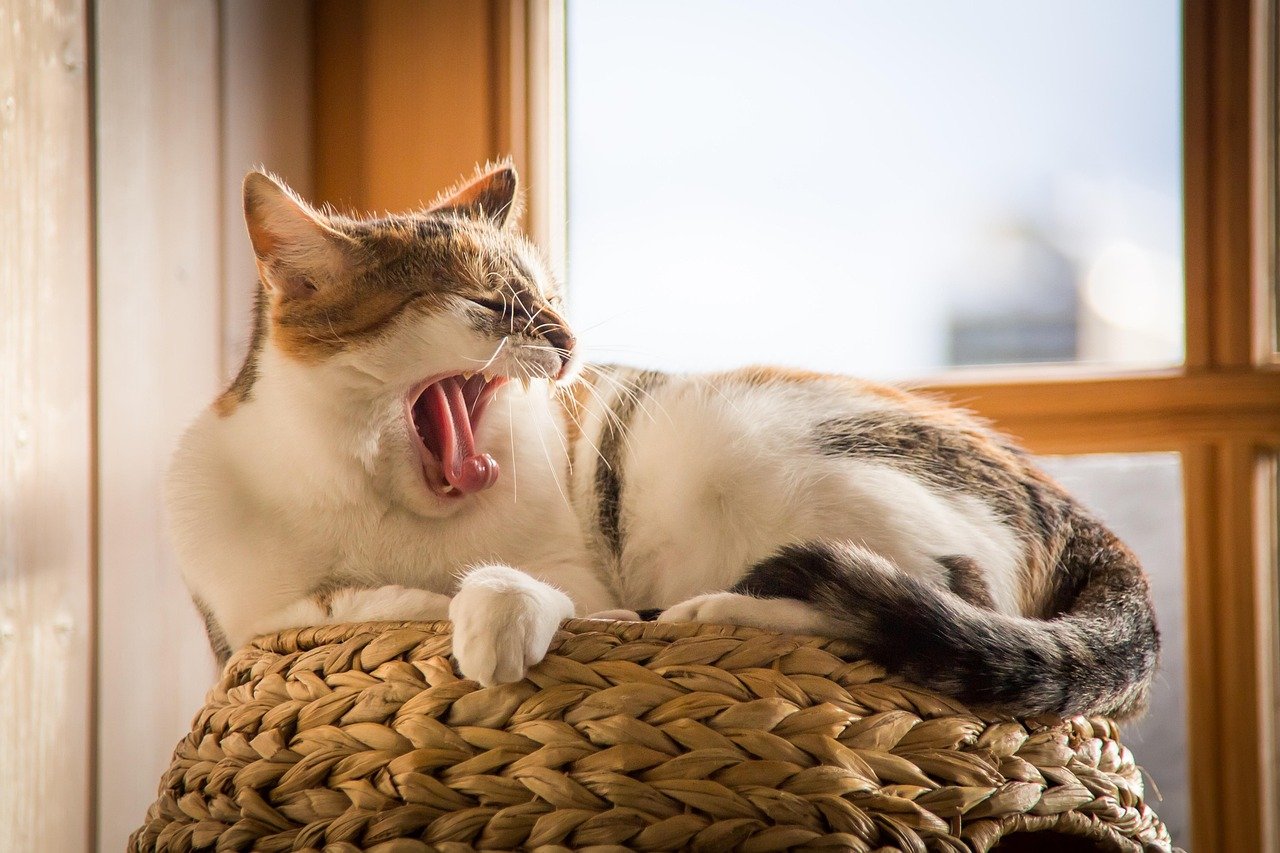
A cat’s tail is like a mood barometer. When they flick their tail while sitting near you, it’s not always about agitation—it can be a subtle test to see if you notice their feelings. If you respect their space and don’t force interaction when their tail is twitching, you gain their respect. Over time, they’ll learn that you’re attentive to their moods and boundaries. Ignoring these signals can set back trust, but tuning in builds a bridge between you and your cat.
The High Perch Observation
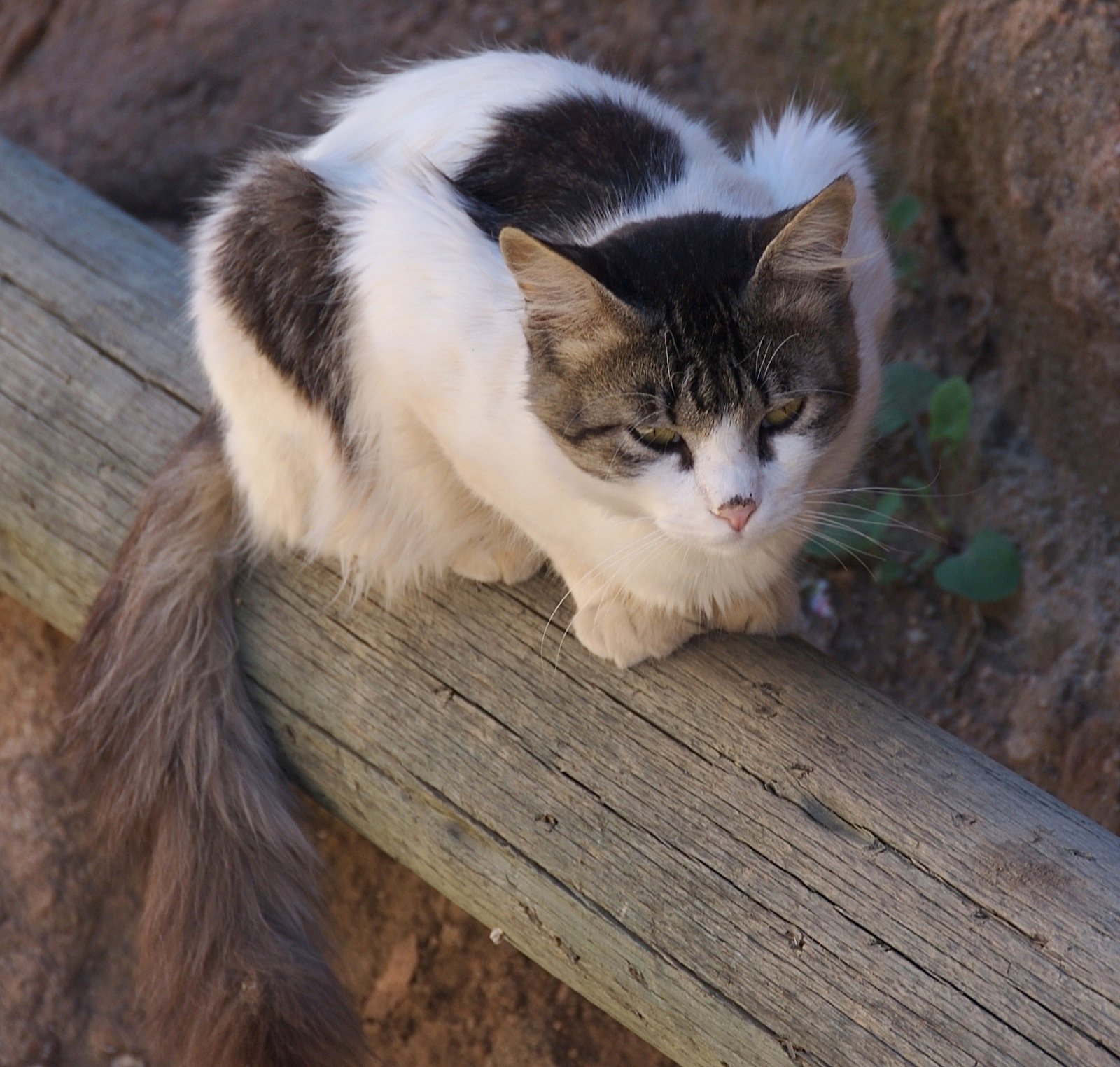
Many cats love to observe their humans from high perches—on top of cabinets, shelves, or furniture. From these vantage points, they watch your routines, your voice, and your habits. This isn’t just about curiosity; it’s a way for cats to study you safely before deciding to come closer. If you respect their chosen spot and don’t try to pull them down, you prove that you understand their need for security. Eventually, cats that pass this test descend from their throne and join you at ground level—ready to bond.
The Toy Drop Test

A cat who drops a toy near you isn’t just inviting you to play—it’s testing your willingness to engage on their terms. Will you pick up the toy and join their game, or ignore the invitation? How you respond tells your cat a lot about your playfulness and attention. Meeting them halfway in play builds trust and shows you value their attempts at communication, making it easier for your relationship to grow.
The Grooming Gesture

Cats groom themselves as a way to relax and feel secure, but sometimes they’ll pause mid-groom to see if you’re watching. If you respond calmly, maybe even mimicking their movements with gentle petting, your cat feels understood. Trying to interrupt or force interaction during grooming, however, can break their trust. This little test is all about timing and respect for their self-care rituals. By showing you can wait, you reassure your cat that you’re a patient and trustworthy companion.
The Scent Exchange Test
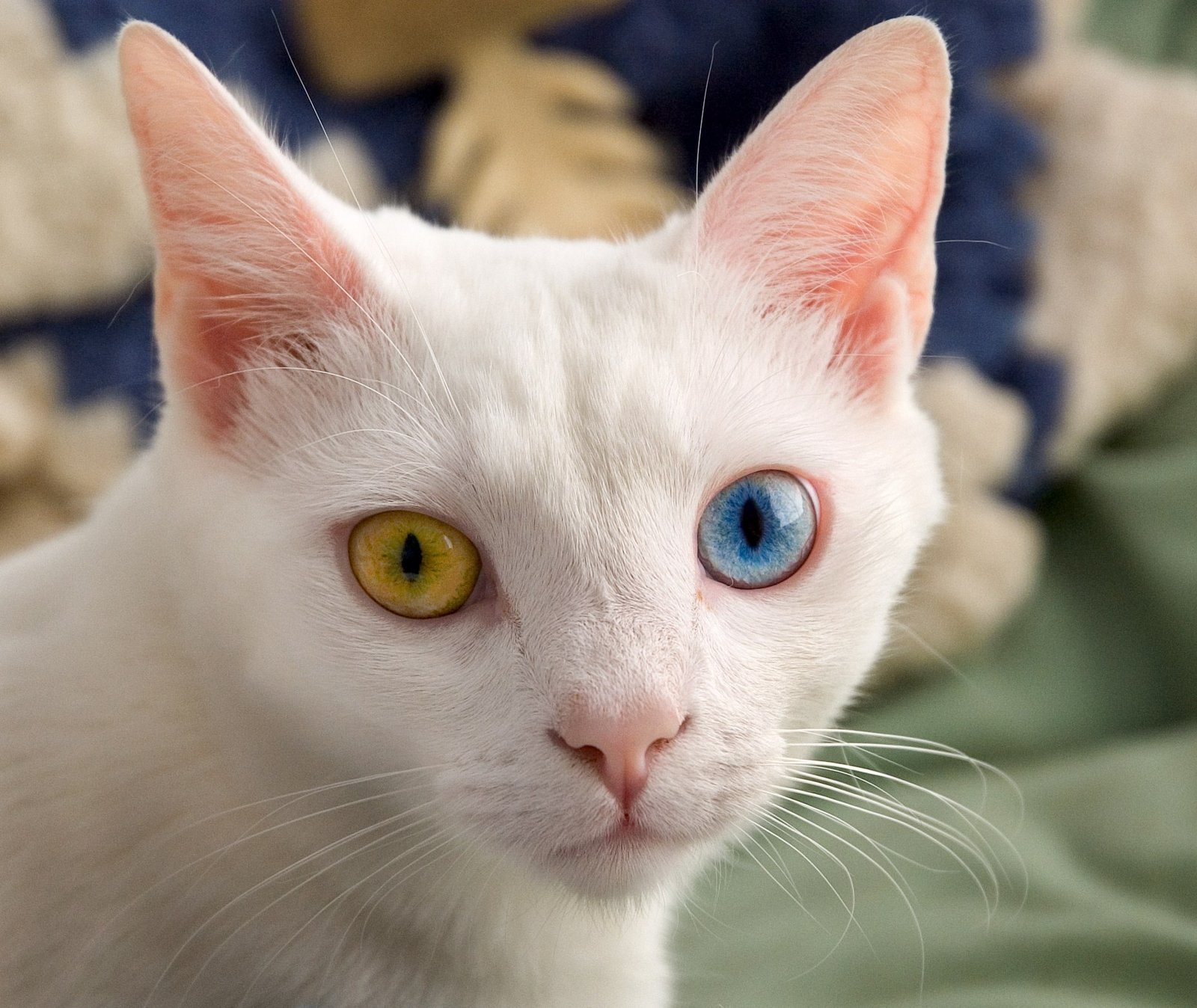
Rubbing against your legs or head-butting you may seem like simple affection, but it’s also a test. Cats have scent glands on their faces and bodies, and when they mark you with their scent, they’re claiming you as part of their territory. Will you accept this gesture, or push them away? Responding positively to their scent exchange is a silent agreement that you’re part of their world. This test, when passed, often leads to deeper bonds and more frequent displays of affection.
The Lap Test

The first time a cat decides to settle on your lap is a huge milestone, but it’s also a test. They want to see if your lap is a safe, comfortable place. Will you stay still and let them relax, or shift and disturb their peace? The way you respond to this test can set the tone for future snuggle sessions. Providing a calm, welcoming lap tells your cat that you’re a reliable source of comfort and security.
The Fake Retreat
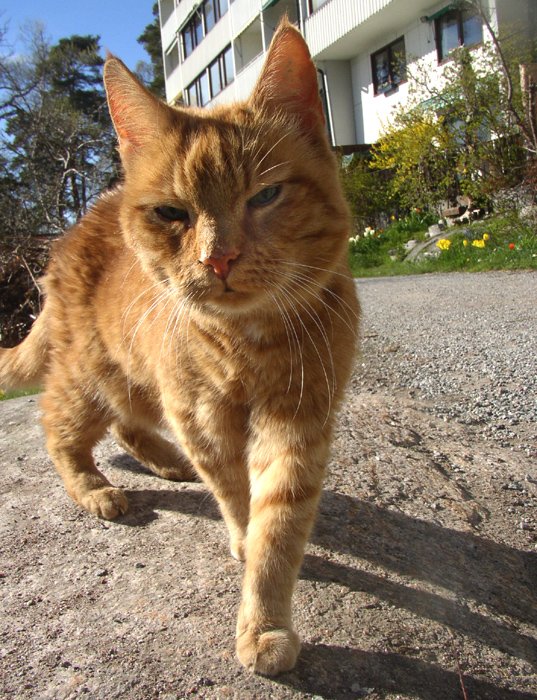
Some cats will approach you, then suddenly turn and walk away. This fake retreat is a classic test—it’s their way of seeing if you’ll chase after them or respect their need for space. By letting them come and go as they please, you show that you understand their boundaries. Over time, cats who feel this freedom are more likely to seek out your company on their own terms.
The Sudden Zoomies Test
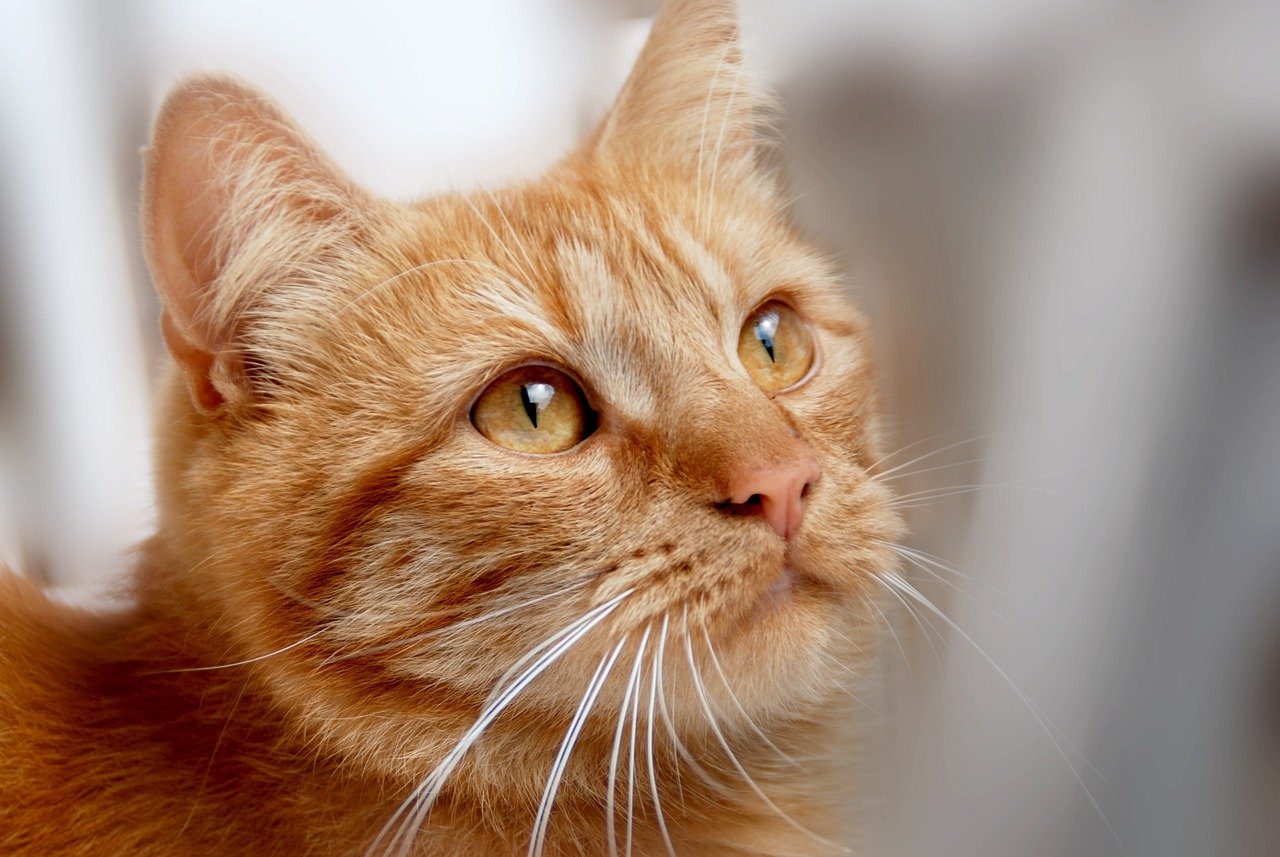
Out of nowhere, your cat might burst into a wild sprint around the house, leaving you baffled. These “zoomies” aren’t just bursts of energy; they’re a way for your cat to test how you react to their playful side. Will you join in, watch with amusement, or get annoyed? Showing enthusiasm or even just acceptance helps your cat feel understood and welcome, strengthening your bond in unexpected ways.
The Doorway Dilemma

Cats often hover in doorways, deciding whether to enter or leave a room. When you open the door for them, they might pause, testing your patience. Will you wait for them to decide, or rush them? This little test is about control—cats like to feel in charge of their movements. Respecting their pace shows you’re attuned to their needs, making them feel safer and more open to bonding.
The Blanket Burrow Test
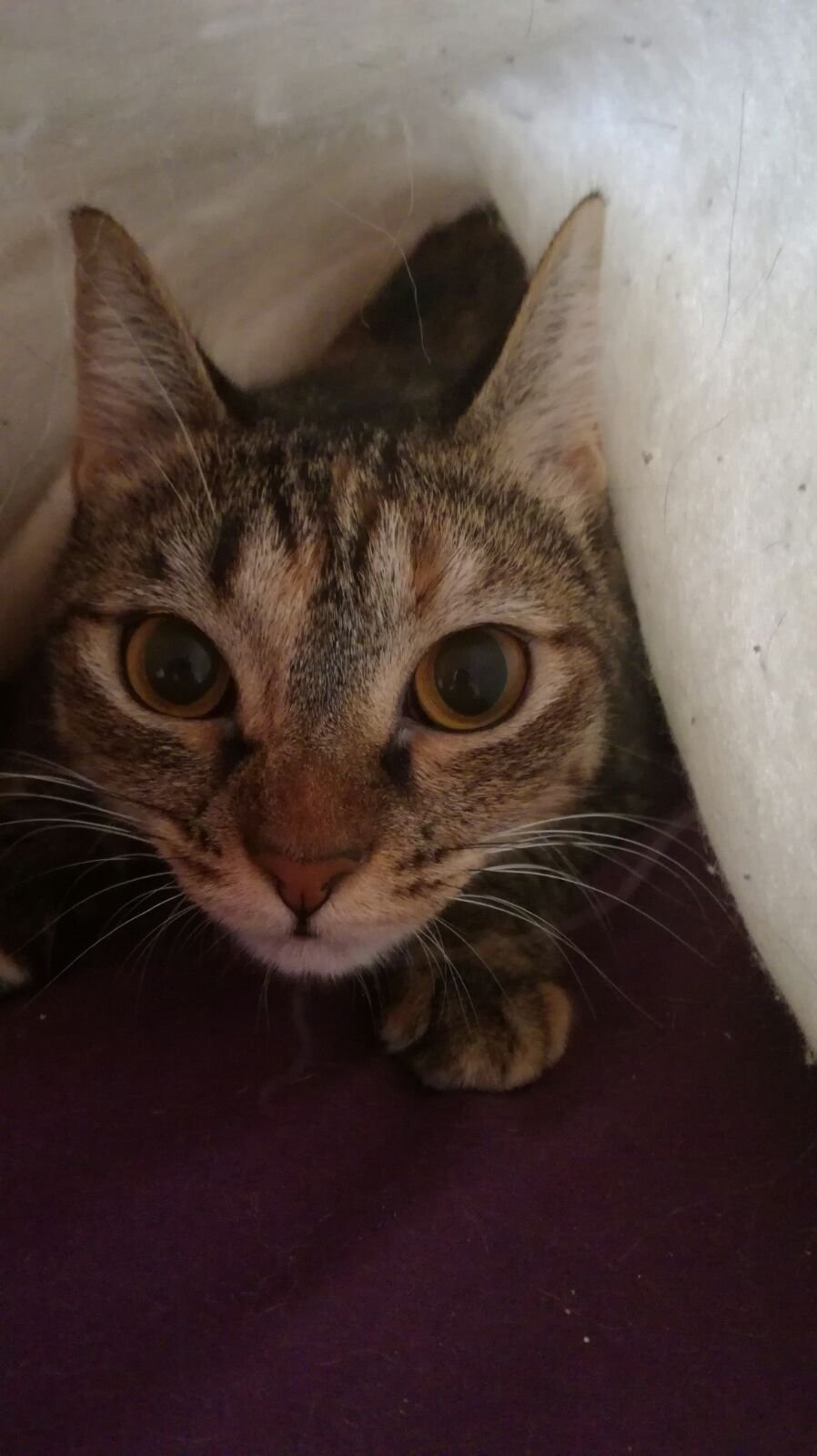
Some cats love to burrow under blankets, disappearing from view. This cozy hiding spot is a test of your respect for their privacy. Will you let them be, or pull them out for cuddles? Leaving them in peace shows you understand their need for comfort and security. Over time, they’ll reward your patience by emerging and seeking out your affection on their own.
The Mealtime Observer
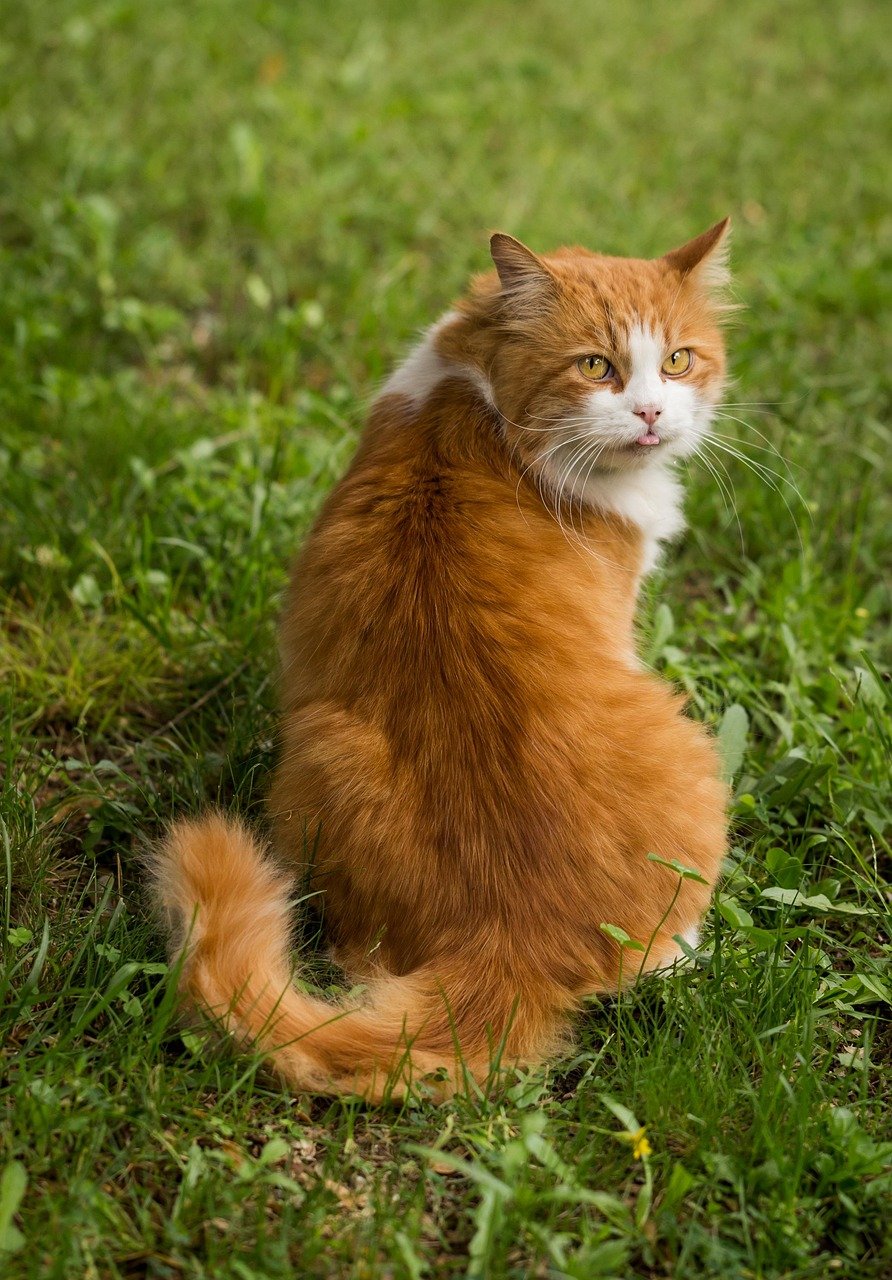
A cat who sits nearby and watches you eat is testing boundaries and curiosity. Will you share, ignore, or shoo them away? Your reaction tells them how you handle shared spaces and routines. Respectful acknowledgment, perhaps with a gentle word or a treat later, reassures your cat that they’re welcome in your world. This simple test can be the foundation for mealtime rituals and shared moments.
The Gentle Bite Test

A playful nip or gentle bite can be a cat’s way of testing your understanding of their boundaries. Will you scold, ignore, or respond gently? Reacting calmly, maybe by redirecting their energy to a toy, teaches your cat that you understand their communication style. Over time, this builds mutual respect and helps set clear boundaries, making your bond stronger.
The Nighttime Cuddle Test
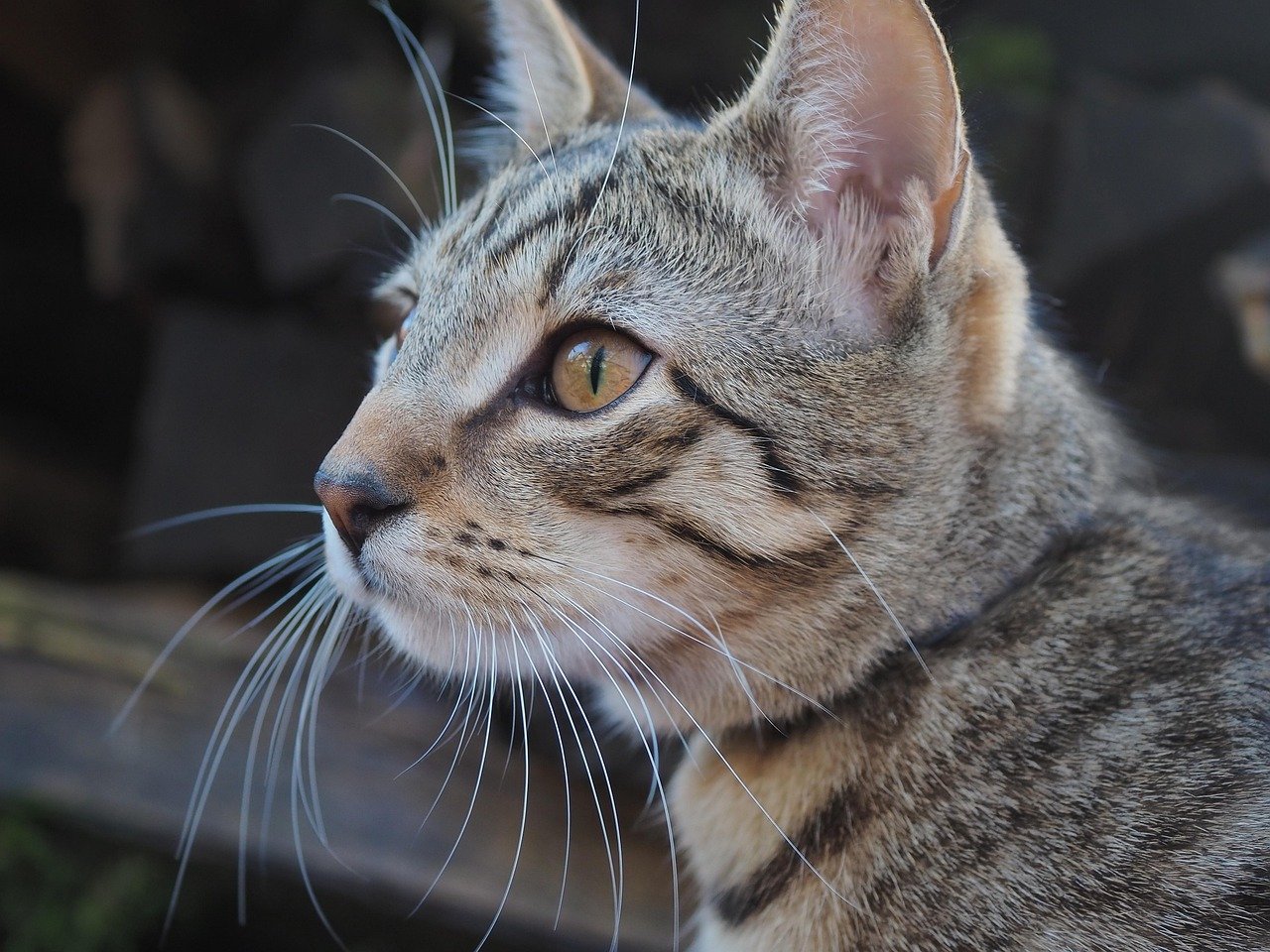
Some cats wait until the quiet of night to curl up beside you. This late-night gesture is a final test—do you welcome them, or push them away for your own comfort? Embracing their presence, even if it means adjusting your sleeping position, tells your cat that they’re truly part of your family. Passing this test often leads to deeper trust and the kind of bond that lasts a lifetime.
Hi, I’m Bola, a passionate writer and creative strategist with a knack for crafting compelling content that educates, inspires, and connects. Over the years, I’ve honed my skills across various writing fields, including content creation, copywriting, online course development, and video scriptwriting.
When I’m not at my desk, you’ll find me exploring new ideas, reading books, or brainstorming creative ways to solve challenges. I believe that words have the power to transform, and I’m here to help you leverage that power for success.
Thanks for stopping by, Keep coming to this website to checkout new articles form me. You’d always love it!

